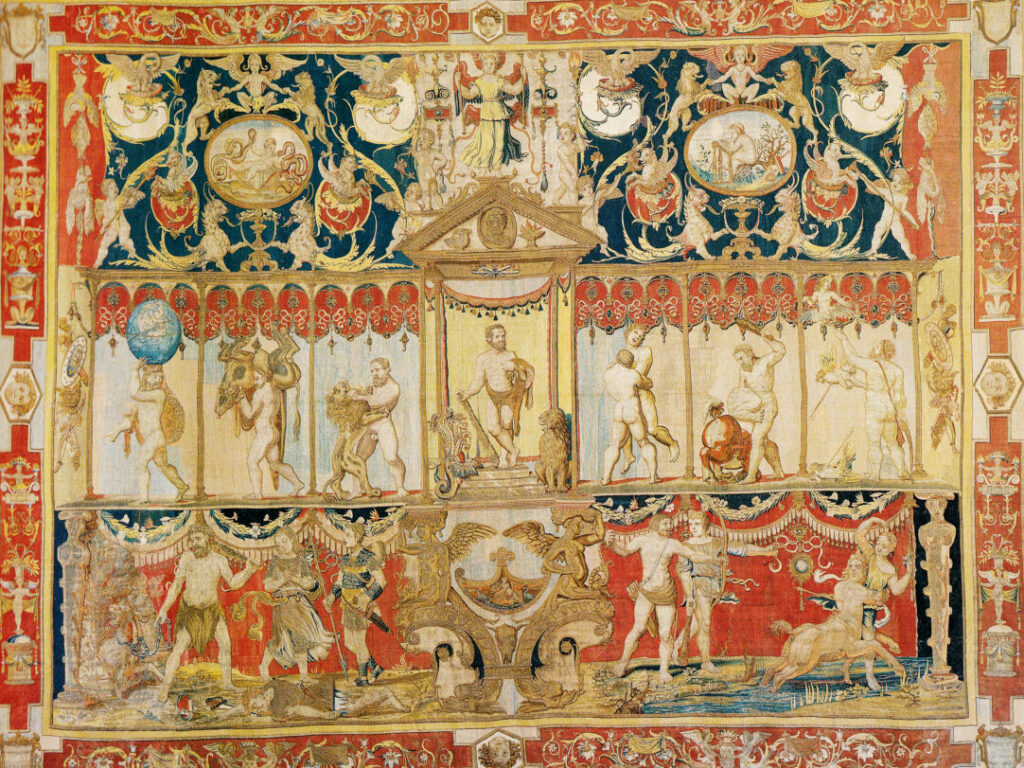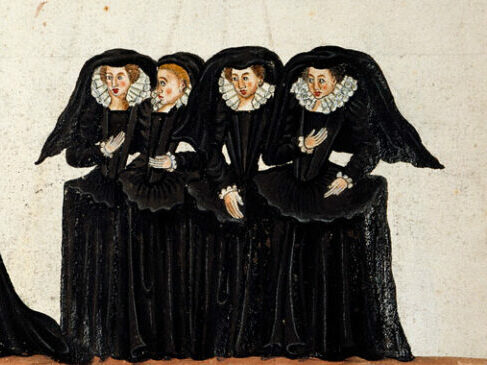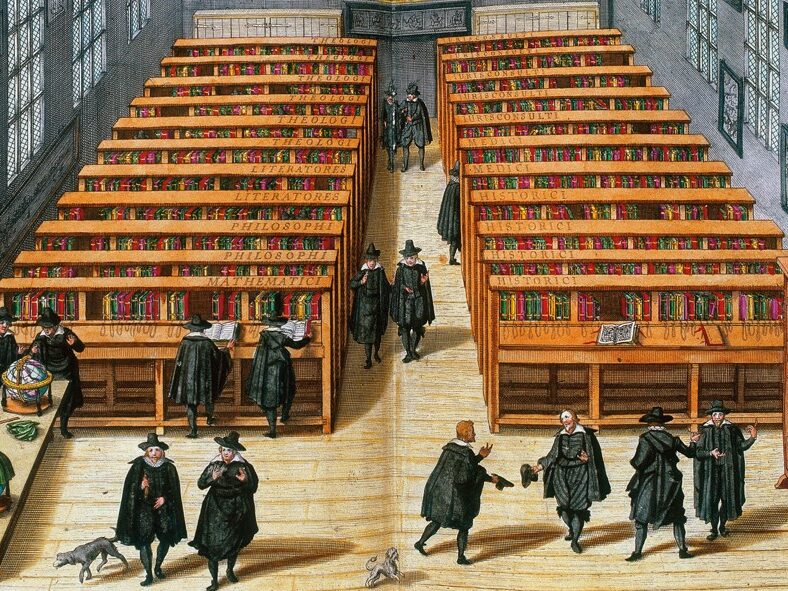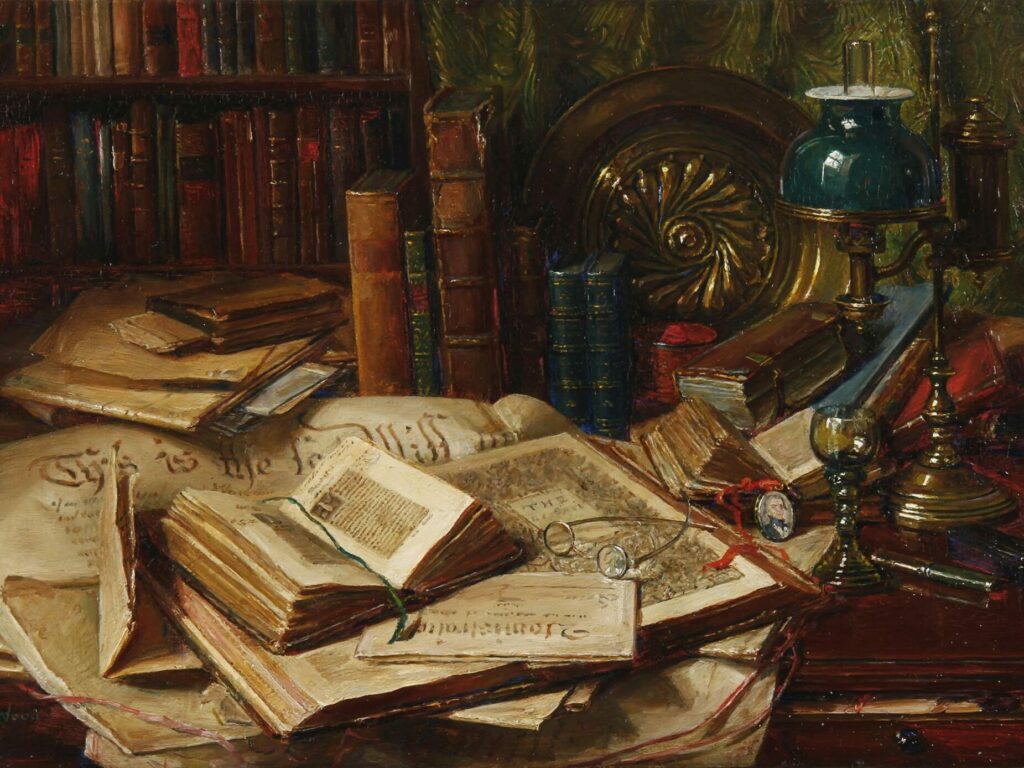ClaRE:
Classical Receptions in Early Modern English Drama
When did Aeschylus, Sophocles, and Euripides arrive in early modern England, in which forms and through which Latin and vernacular mediations? Which other Greek texts, from Aristotle to Theophrastus, from Herodotus and Xenophon to Plutarch and Appian, contributed to an awareness of Greek antiquity and its theatrical forms, and how was that awareness shaped through continental editions, translations and performance practices? Why did Plautus become a favourite author since the early sixteenth century, and why was Aristophanes’ [H]Ippeis edited in the original Greek in 1593?
ClaRE collects three archives of early modern English texts which document receptions of Greek legacies, often via Latin mediations, as well as the printed editions of Greek texts in England up to 1625 (GEMS, EMEC, CoLEEn). It also includes Latin and English grammars which show memories of Greek traditions (EMEGA). ClaRE offers scholarly editions, references and related materials which help investigate the ground upon which encounters between classical and early modern English theatre occurred. The focus is not on the spread of individual classical myths through occasional references in early modern English poems or plays, but on the circulation, translation and/or adaptation and reinvention of those tragic myths and comic stories in dramatic texts, for the page and the stage. The project also sheds light on the reception of ancient philosophical stances and of the ancient worldview, as well as on their impact on theatre, in a period which saw the growth of humanist interest in classical antiquity, the rise of Elizabethan theatre with a peak in the circulation of classical drama and its gradual decline in the first two decades of the seventeenth century.



